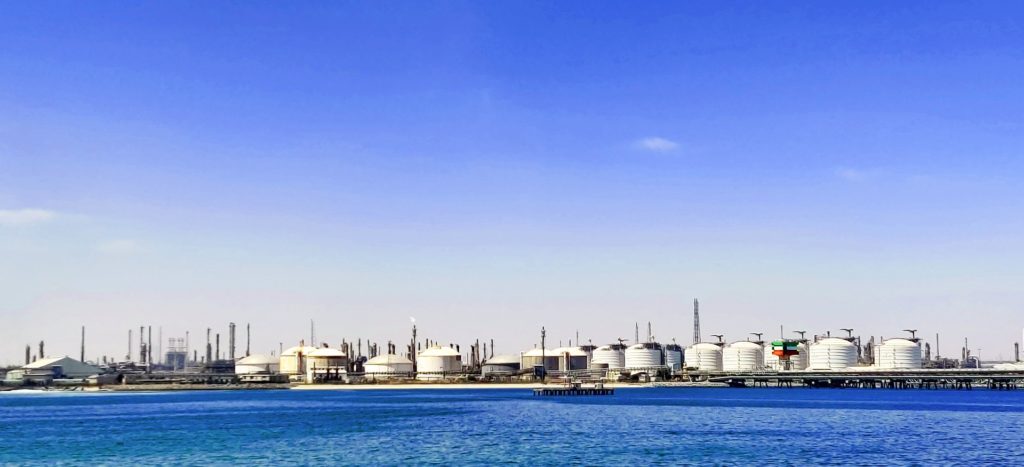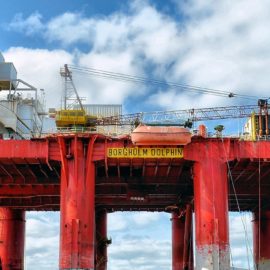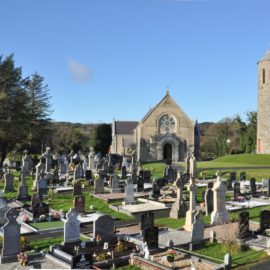Is the tide changing? A proposed new oil terminal in Plaquemains Parish is canceled due to climate change, drop in oil, citizen complaints and more. Maybe, just maybe change is coming.

A Midwest energy company on Friday canceled controversial plans for a $2.5 billion oil export terminal and pipeline in Plaquemines Parish after facing numerous obstacles to development. Instead, Tallgrass Energy Partners said it will consider other uses for the site. Among the factors cited for the company’s decision were climate change, the world’s move away from burning fossil fuels for energy and local residents’ objections that the Plaquemines Liquids Terminal project would be built over a cemetery and disrupt other cultural sites. Located just up the Mississippi River from Ironton on the west bank, the 200-acre site is owned by the Plaquemines Port Harbor & Transit District and leased to Tallgrass. It was once was part of the St. Rosalie Plantation, and residents of Ironton, many of them descended from persons who were enslaved there, opposed the project. William Moler, CEO of the Leawood, Kan., company, and spokesperson Phyllis Hammond said Tallgrass downsized the project following a cultural survey of the site. “Integrity and respect are core Tallgrass values,” Moler said. “As part of our PLT permitting process, our cultural survey work identified a cemetery and potential artifacts consistent with what community members shared about the history of the site. Since then, we reduced our development footprint to protect those areas and engaged with the Ironton community and other local stakeholders on an appropriate path toward memorializing them.” That reduction in size spurred a “broader reappraisal effort” in August, which led to Friday’s cancellation, Hammond added. The terminal would have stored as many as 20 million barrels of oil.
nola.com
The cost of the storage would be expensive to the environment and locale which the company accepted.
It also would have reduced the effectiveness of the Mid-Barataria Sediment Diversion project, a $2 billion proposal to build new land on Louisiana’s fragile coast by detouring some of the river’s flow into Barataria Bay. Moler said the company will withdraw its permit application and its agreement with the state Coastal Protection and Restoration Authority. Plaquemines Port executive director Sandy Sanders partly attributed Tallgrass’ decision to market changes as the world looks to transition away from oil and gas. The company’s announcement came 11 days after Phillips 66 said it will shutter its oil refinery at Alliance, 3½ miles upriver of Ironton, and convert the property to a fuel terminal. Alongside Tallgrass, the port is looking for other ways to develop its Ironton property, perhaps for a distribution center or warehousing. Whatever comes next, Sanders said, “it won’t be anything carbon. It’ll be very environmentally clean, friendly and respectful.” Said Hammond: “As we strive to find a balance between the need to decarbonize and the need for safe, reliable and affordable energy, nearly every infrastructure decision we make is guided by our decarbonization objectives.”
Ironton is pleased but they are still recovering from Ida so the full effects might not appear to later after they see what Tallgrass will propose.
Ironton resident and native Wilke DeClouet said the community is still grappling with the devastation wrought by Hurricane Ida on Aug. 29 but is pleased that Tallgrass is not moving forward with an oil terminal. He’s one of the few residents still living in his home, after Ida’s storm surge flooded most. For Ironton, he said, it’s been one struggle after another, and even this victory feels tainted as hurricane debris sits uncollected on the edge of the street. “I am thinking about leaving,” DeClouet said. “I don’t need to put up with this. I’m one of the few [who] can afford to live anywhere I want, but I grew up here.”
I may leave is something that many are saying. Maybe hurricanes, pollution and other factors are tiring people out after the pandemic.



